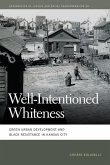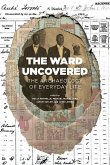This innovative book explores an alternative interpretation of the town or city not as an overall fixed design product, but as an evolutionary entity, a product of open-ended adaptive change over time. In doing so the book considers the nature of what a city is' - and how therefore it might be designable' - particularly through consideration of organic and architectural analogies . While centrally grounded in the field of urban design, it is eclectic in drawing from a variety of design, policy and scientific disciplines. In doing so, the book weaves together philosophies from Leviathan to Le Corbusier, geometries from fractals to ziggurats, and design processes from grand visions to street-level codes. The book provides novel insights and understanding of interest to those in the urban design related professions, as well as to a wider audience, from those interested in the history of urbanism to current developments in complex systems, from the scale of buildings to cities.

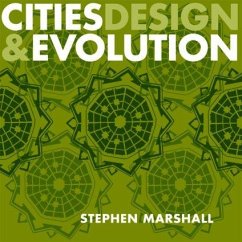
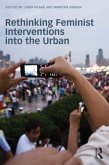
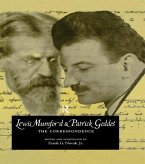
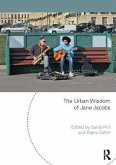
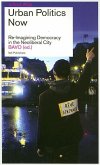
![Networked Cultures: Parallel Architectures and the Politics of Space [With DVD] Networked Cultures: Parallel Architectures and the Politics of Space [With DVD]](https://bilder.buecher.de/produkte/23/23278/23278565m.jpg)
